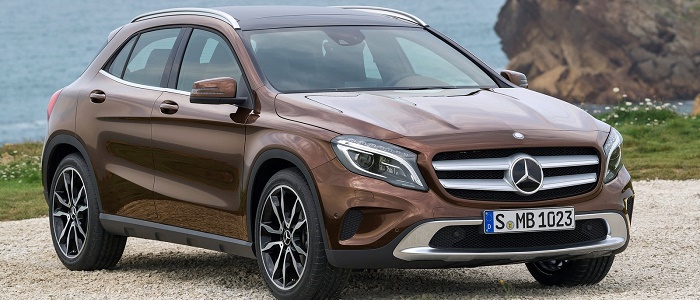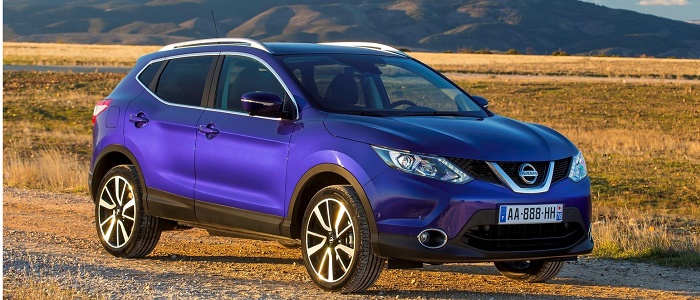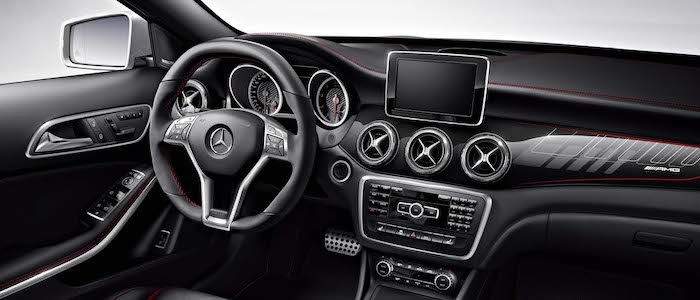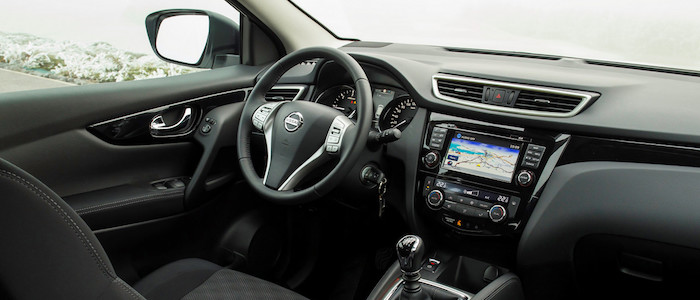Compare two cars
Compare any two cars and get our Virtual Adviser™ opinion
Dimensons & Outlines
Check vehicle history
Engine
1.6 M270 DE16 AL LP
Performance (manual gearbox)
Performance (automatic gearbox)
Expenses
Virtual Adviser's™ opinion
Well, these are two pretty similar cars we have here! It's only details that could potentially make the difference. Considering they both belong to the suv segment and utilize the same 5-door suv body style and the front wheel drive system, it all comes up to the specific petrol engine choice they offer. The first one has a Mercedes Benz-engineered powertrain under the hood, a 4-cylinder, 16-valves 122hp unit, while the other one gets its power and torque from a 4-cylinder, 16-valves 163hp engine designed by Nissan.
SafetyBoth vehicles got tested by European New Car Assessment Programme (Euro NCAP), with the same number of safety stars gained in the process. That aside, let's consider some other aspects which affect safety. Both vehicles belong to the suv segment, which is generally a very good thing safety-wise, but that fact doesn't break the tie between the two cars. On the other hand, if we'd like to consider vehicle mass in this context too, which we definitely should, the Japanese car offers a marginal difference of 2% more metal.
ReliabilityManufacturers have been building their reliability reputation for decades now and, generally speaking, it appears that Nissan as a brand displays somewhat better results, at least on all of the models level. These are the official statistics, while our visitors describe reliability of Mercedes Benz, as well as Nissan, with the same average rating of 4.3 out of 5. Some independent research have also placed GLA as average reliability-wise, and Qashqai is more or less at the same level.We should definitely mention that owners of cars with the same powertrain as the German car rank it on average as 4.6, while the one under the competitor's bonnet gets 4.5 out of 5.
Performance & Fuel economyNissan is a bit more agile, reaching 100km/h in 0.1 seconds less than its competitor. Still, it lacks the power to win the top speed competition, topping at 190 kilometers per hour, 12km/h less than the other car. When it comes to fuel economy things look pretty much the same for both cars, averaging around 5.7 liters of fuel per 100 kilometers (50 mpg), in combined cycle.
Verdict
Nissan appears just a bit more reliable, although the difference is truly marginal. The most important thing when deciding between any two vehicles should always be safety, both passive and active. In my opinion, everything taken into account, the Japanese car offers slightly better overall protection and takes the lead. From there things take a different direction, with Mercedes Benz offering somewhat better performance, just enough to call it quicker. To make things even better, it consumps less fuel! No mistake, whatever you decide here, but I'd still go for the Mercedes Benz. Anyway, that's the most objective conclusion I could've came up with and it's based solely on the information found on this website. Aspects such as design, practicality, brand value and driving experience are there for you to measure them out. Also, you could use the oportunity to find out which car, everything taken into account, would be the perfect choice for you in the eyes of the virtual adviser™, among thousands of similar, yet so different vehicles.































